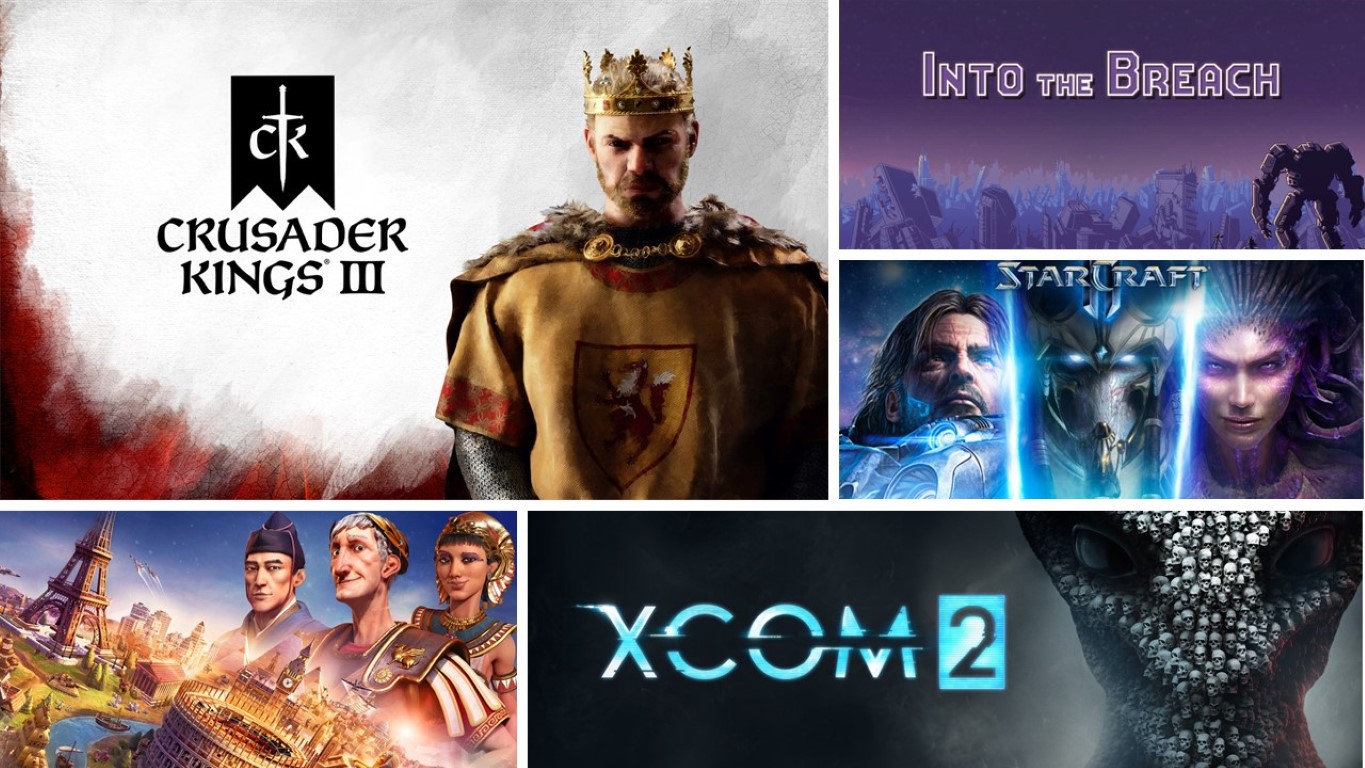Hey everyone, if someone were to ask me what on my PC has truly sharpened my mind, I wouldn’t hesitate for a second. The answer is the long nights I’ve lost to the world of strategy games. These are not just simple pastimes. To me, they are profound teachers, gyms for the brain, where I’ve learned to see the bigger picture, to calculate every move, and to accept failure only to rise stronger from it.
If you’re also searching for experiences that can change you in the same way, let me share the “mentors” that have been with me on my journey.
1. Civilization VI: Where I Learned to Build a Legacy
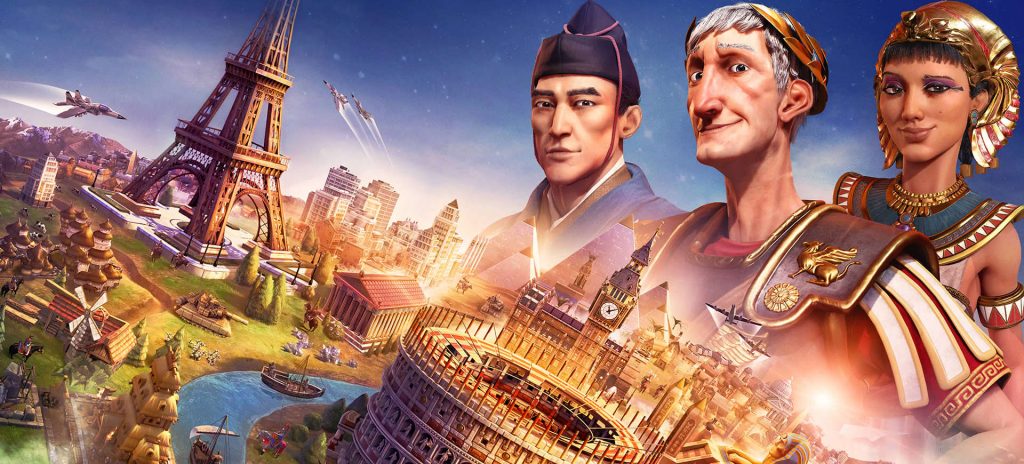
I will never forget the overwhelming sense of awe and captivation I felt when I first launched Civilization VI. I started with just a small band of settlers, and then, through my own decisions, I watched them build wonders of the world, invent the internet, and fly to the stars.
But “Civ” taught me more than history. It taught me patience and long-term vision. Every single decision—where to place a mine, which technology to research first, who to forge an alliance with—was a brick laid for a future centuries away. I learned to sacrifice short-term gains for a grander goal. And that feeling of “just one more turn” at 2 AM, my brain still firing on all cylinders to weigh every possibility, is a testament to its undeniable intellectual allure.
When I think about the strategic depth involved, it’s clear that every choice is a long-term investment. Even seemingly small decisions, like which tile improvement to prioritize or which tech path to pursue, can ripple across centuries in terms of their impact. I’ve also found that delayed gratification is incredibly powerful; learning to wait for that perfect moment to strike or expand always pays off more than impulsive moves. It really forces you into systems thinking, where you have to understand how culture, science, military, and diplomacy all interconnect to build a truly holistic mindset. And honestly, the “just one more turn” effect? That’s not just addictive; it’s a testament to the mental endurance and deep cognitive engagement this kind of thinking demands.
2. Crusader Kings III: Where Strategy Lives in the Human Heart, Not on the Battlefield
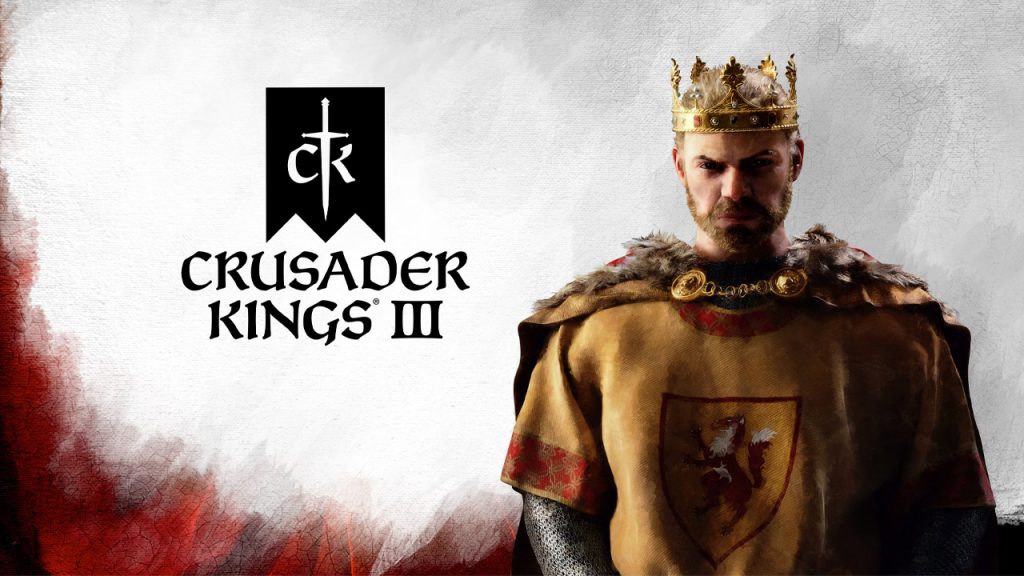
If Civilization VI is an epic of nations, then Crusader Kings III is a sprawling, tragic novel that I get to write myself. Honestly, no other game has ever put me through such an emotional rollercoaster. I’ve roared with laughter when a political marriage scheme worked out perfectly, and I’ve felt a gut-wrenching despair when the brilliant heir I spent decades grooming was suddenly struck down by smallpox.
Here, victory isn’t measured in troop counts. It’s measured in whispers in the dark, calculated marriages, and the subtle art of keeping your rebellious vassals happy. CKIII taught me that the highest form of strategy isn’t always about swords and shields, but about understanding and manipulating human psychology. It’s a profound lesson in power, family, and the price of maintaining a dynasty.
When I reflect on what truly drives success, it’s often about wielding empathy as a weapon. Seriously, being able to read a character’s desires, fears, and ambitions can completely change the game. It’s not just about playing; it’s about a story-driven strategy, where you’re actively crafting a generational saga, and that really teaches you narrative foresight. And let’s be honest, things rarely go to plan. When chaos hits—like losing a groomed heir—you quickly learn adaptability in chaos, figuring out how to pivot and rebuild with whatever you have left. Ultimately, it all comes down to soft power mastery; influence, loyalty, and perception often matter so much more than just brute force.
3. XCOM 2: Every Move is a Heart-Stopping Gamble
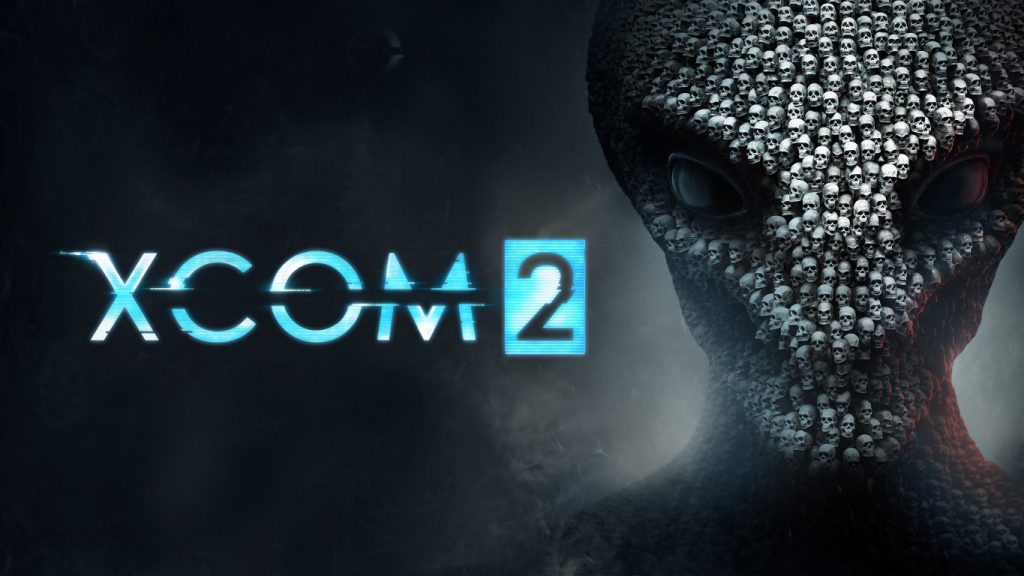
Speaking of heavy responsibility, nothing compares to the feeling of commanding a squad in XCOM 2. The room is completely silent, the only sound my own heart pounding in my chest. Is moving my sniper to that rooftop a safe bet? Should I risk a mad dash to save a bleeding-out teammate?
Every soldier under my command had a name, a story. I’ve lost “friends” I’d fought alongside for dozens of missions, all because of a 95% shot that somehow missed its mark. That pain is real. XCOM 2 taught me risk management in the most brutal way possible. It forced me to make life-or-death decisions under incredible pressure and to accept that sometimes, the best choice is simply the least terrible one.
Looking back, one of the biggest takeaways for me has been the way it sharpened my decision-making in high-stakes, uncertain scenarios. It really taught me how to weigh probabilities and accept the consequences of failure, which is a crucial skill. It also strongly reinforced the emotional weight of leadership and responsibility; you feel the impact of every choice. Perhaps most importantly, it developed my ability to make the best of bad options under stress—a skill that’s surprisingly applicable to so many aspects of life.
4. Into the Breach: The Sheer Beauty of a Perfect Move
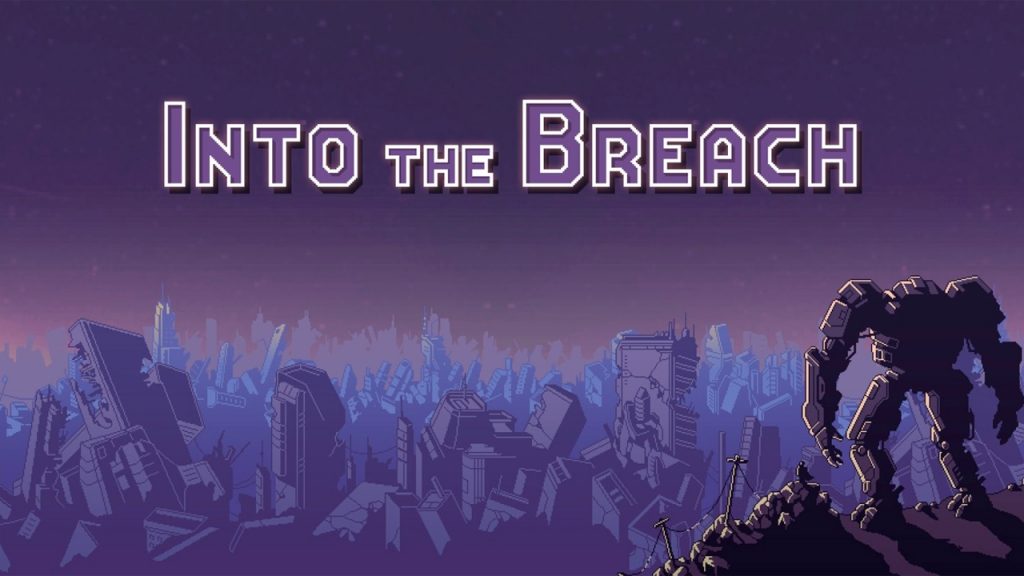
If XCOM 2 is the chaos of war, then Into the Breach is the quiet intensity of a chess puzzle. Each map appears before me like a perfectly contained, brain-wracking problem. What the enemy will do, where they’ll strike, and how much damage they’ll cause—it’s all laid out for you. My challenge? To find the perfect sequence of actions to negate it all, like an artist arranging every piece in its right place.
That “Aha!” moment when you find the solution—when you push one monster into the line of fire of another, use your artillery to block an attack, and end the turn without a single building taking damage—the feeling is pure, unadulterated joy. Into the Breach has honed my problem-solving skills to a razor’s edge, teaching me to look at a mess of chaos and find the hidden order within.
For me, it really honed my tactical thinking and the ability to find optimal solutions in tough spots. It pushed me to analyze enemy intent and counter it perfectly, which is a surprisingly useful skill. I also learned how to turn chaos into order through clever sequencing, which is incredibly satisfying. And honestly, there’s just something so enjoyable about the joy of mastering small, contained strategic puzzles.
5. StarCraft II (Campaign): A Breathtaking Ballet of Thought Under Pressure
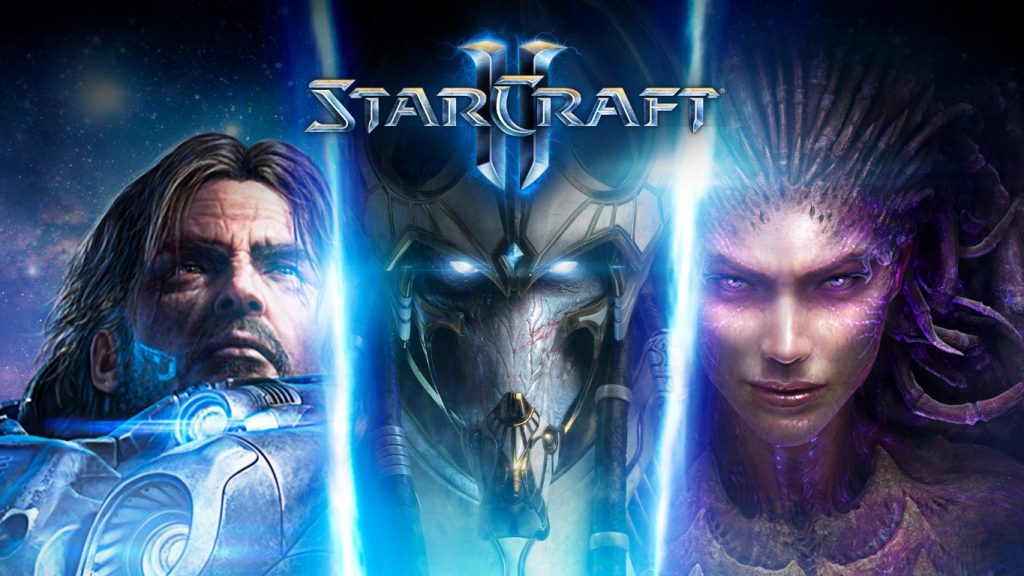
Before I ever dared to venture into the brutal online multiplayer, it was the single-player campaign of StarCraft II that gave me my first masterclass in real-time strategy. The feeling is frenetic, breathtaking. My hands fly across the keyboard as my eyes dart between the minimap, my resources, and the fiery battlefield. You’re building an economy, managing upgrades, and micromanaging individual units all at once.
Playing the StarCraft II campaign is like learning to juggle five flaming torches. It forged my ability to multitask and make split-second decisions. It taught me that in a real battle, there’s no time to hesitate. You have to think, act, and adapt faster than your opponent.
The experience really trained rapid decision-making in real-time environments, which is something you just can’t replicate easily. It also significantly developed my multitasking skills across things like managing economy, engaging in combat, and planning upgrades simultaneously. More than anything, it taught me how to stay calm and effective under constant pressure. And crucial for success, it strongly reinforced the need to adapt quickly and act decisively when things are chaotic.
To me, these aren’t just the best games in their genre. They are the journeys that have shaped the person I am today. If you’re ready for a challenge that will not only entertain you but also help you grow, pick one of these titles. Who knows, you might just find your own mentor, too.
